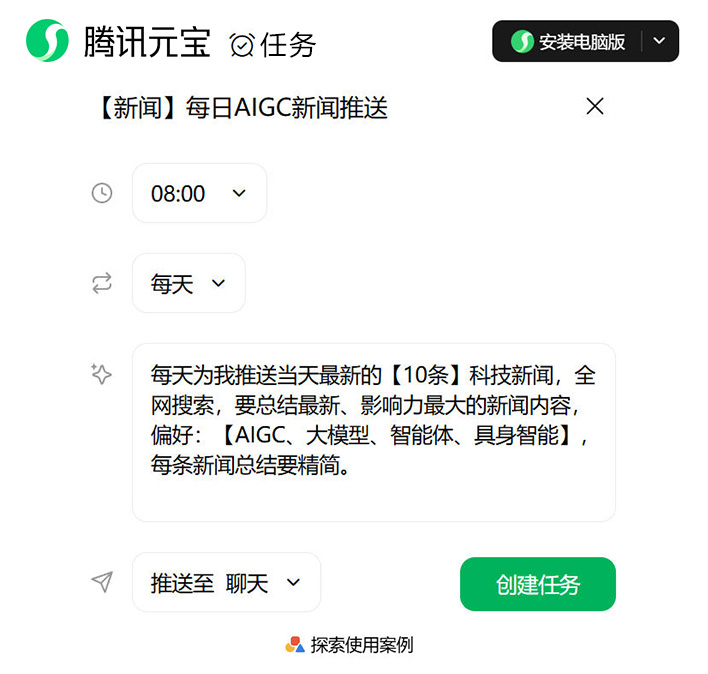The Impact of AI on Education: A Revolutionary Transformation
Introduction:
In recent years, the integration of artificial intelligence (AI) into various sectors has brought tremendous changes and improvements. One significant domain greatly influenced by AI is education. With the advent of advanced technologies, AI is revolutionizing the education landscape, offering numerous benefits to both students and educators.
Enhanced Personalized Learning:
AI has ushered in a new era of personalized learning, catering to individual needs and preferences. Intelligent learning systems can analyze vast amounts of data and adapt the curriculum accordingly. By understanding each student’s strengths, weaknesses, and learning pace, AI algorithms design personalized study plans, making learning more efficient and engaging.
Intelligent Tutoring Systems:
.jpg)
AI-powered tutoring systems have transformed the traditional classroom experience. Leveraging natural language processing and machine learning techniques, these systems can provide students with instant feedback and guidance. The algorithms analyze students’ responses to identify knowledge gaps and deliver targeted interventions, ensuring a more effective and personalized learning experience.
Efficient Administrative Processes:
AI has profoundly impacted administrative processes within educational institutions. Tedious tasks such as grading exams and managing administrative paperwork can now be automated, freeing up time for educators to focus on teaching. AI-powered systems can process and evaluate large volumes of data quickly, ensuring accurate reporting and streamlining administrative Operations.
Smart Content Creation and Delivery:
With the advancement of AI, the creation and delivery of educational content have become smarter and more interactive. AI algorithms can analyze vast collections of data and extract valuable insights to generate customized learning materials. Additionally, virtual reality and augmented reality have transformed the way educational content is delivered, providing immersive and engaging experiences for students.
Promoting InclusiViTy and Accessibility:
AI has the potential to bridge the gap between students with different abilities, ensuring inclusive education for all. Speech recognition and natural language processing algorithms enable students with communication difficulties to interact with AI systems effortlessly. Moreover, AI-powered transcription services can convert audio content into written text, making learning more accessible for visually impaired individuals.
Challenges and Ethical Considerations:
Despite the numerous benefits, the integration of AI into education comes with some challenges and ethical considerations. Data privacy and security concerns arise as AI systems collect and analyze large amounts of student data. Additionally, ensuring unbiased algorithms and preventing AI from exacerbating existing societal inequalities are critical considerations.
Conclusion:
As AI continues to advance, its impact on education will only grow more significant. From personalized learning to efficient administrative processes, the benefits of AI in education are undeniably transformative. However, ethical considerations and constant vigilance are essential to harness the full potential of AI and ensure equitable and inclusive educational opportunities for all.







 津公网安备12011002023007号
津公网安备12011002023007号